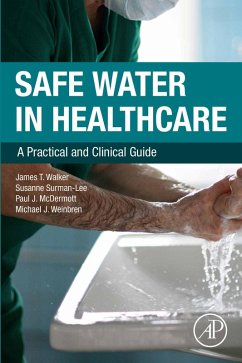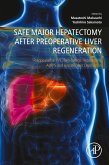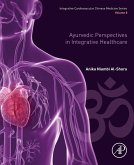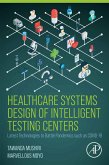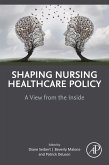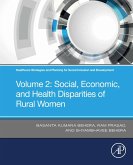The book includes case studies on the growth of biofilms and where they cause problems in water systems as well as providing practical answers to a majority of issues that arise in healthcare water and drainage systems. This is an accessible handbook that fills the gaps for those without technical knowledge for a complex but important area of infection control. It provides practical guidance for professionals who are required to design, manage and maintain water systems and help them manage associated infection outbreaks.
- Discusses waterborne pathogens, their detection, identification and surveillance and describes the extent and range of recognized and emerging waterborne microorganisms as well as the diseases that occur and consequences to patients and staff
- Covers hazards that can cause harm within water systems and associated equipment, the circumstances or factors that increase the risks, and the multiple modes of transmission of waterborne pathogens
- Explains the importance of good design, including the type of design, management, hardware and software that can help manage and control the presence of waterborne pathogens.
- Highlights who needs to be involved at each stage to ensure that patients are kept safe from waterborne pathogens, taking into account current legislation and best practices guidance
Dieser Download kann aus rechtlichen Gründen nur mit Rechnungsadresse in A, B, BG, CY, CZ, D, DK, EW, E, FIN, F, GR, HR, H, IRL, I, LT, L, LR, M, NL, PL, P, R, S, SLO, SK ausgeliefert werden.

